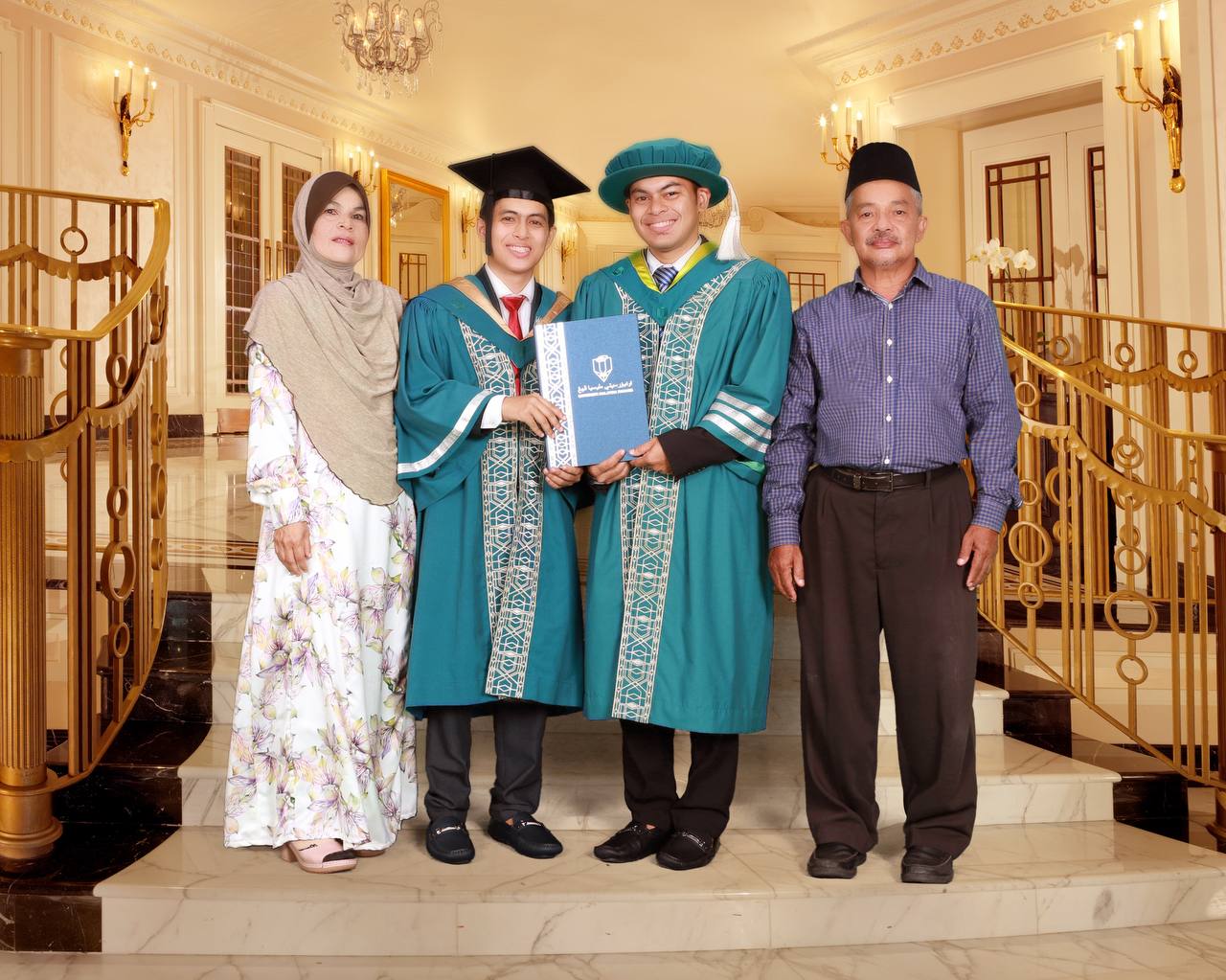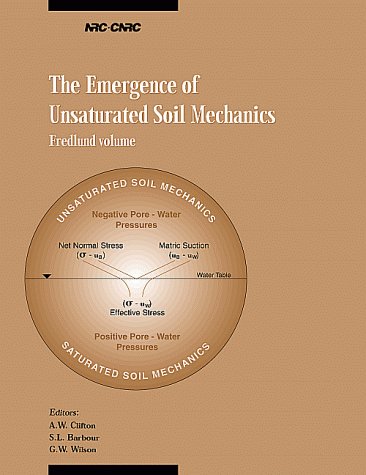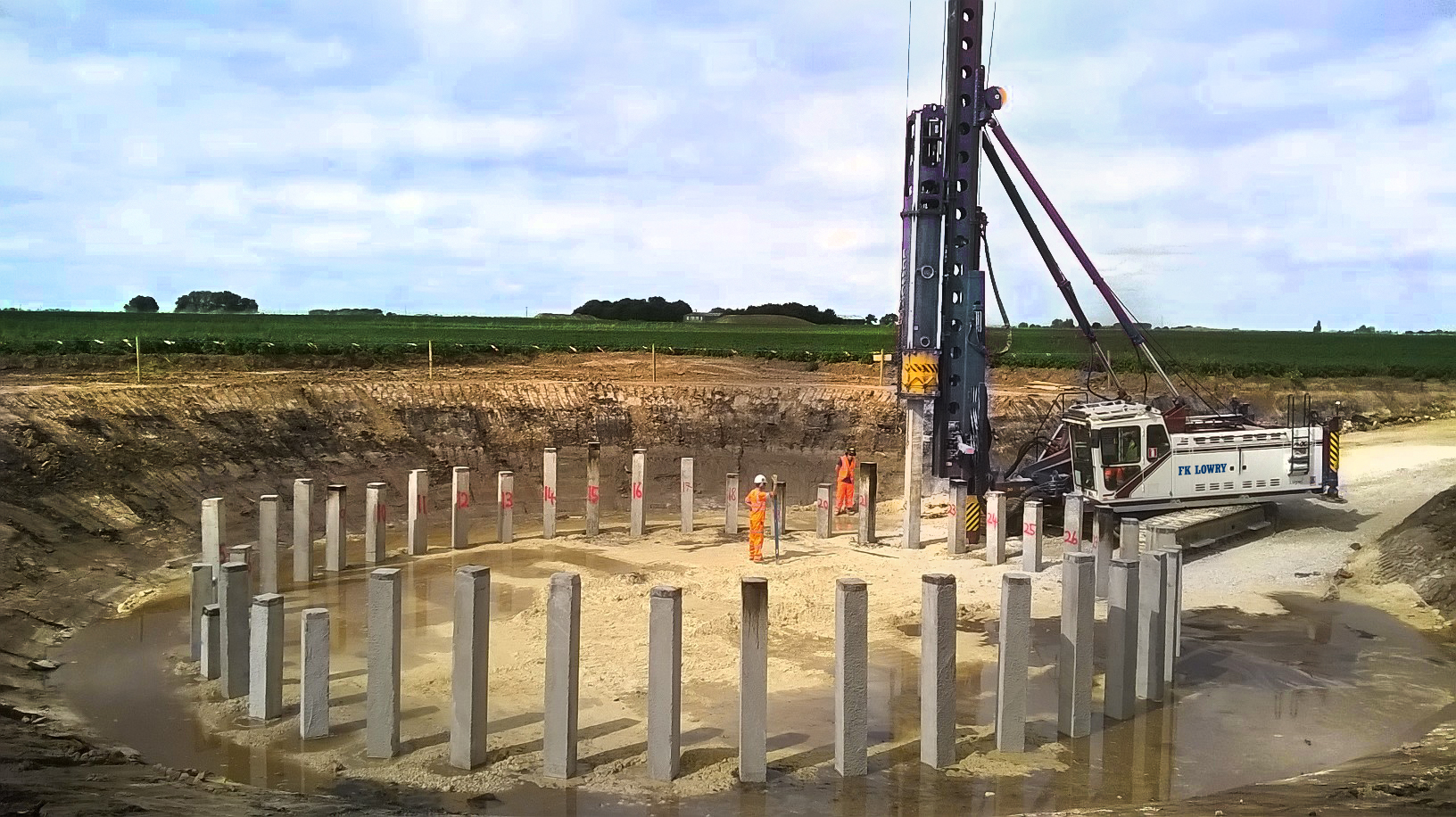Ts Dr Muhammad Farhan Bin Zolkepli
Faculty of Civil Engineering, University of Technology Malaysia
About me
Ts. Dr. Muhammad Farhan Bin Zolkepli is a 31-year-old expert in the field of Geotechnical Engineering, Slope Engineering, and Unsaturated Soil Mechanics. He obtained his Bachelor’s degree from Universiti Teknologi Malaysia, followed by his Master’s degree from Universiti Malaysia Pahang. He then pursued his PhD in Universiti Malaysia Pahang. With a strong academic background and extensive experience in research, Dr Zolkepli is dedicated to solving geotechnical problems and exploring sustainable solutions in his field of expertise.



Academic Leadership in Higher Education
In the world of higher education, being a lecturer is all about being a dedicated and passionate. These leaders considered as mentor in their field of experts, and they should know what they are going to teach and keep improving their knowledge so that the knowledge keep up to date. Some key aspects of academic leadership in higher education are:
1. Vision and Mission: Academic leaders are responsible for setting a clear vision and mission for their institution or department. The decision made must be clear and effective.
2. Administrative Leadership: This involves managing the administrative aspects of an institution, including budgeting, resource allocation, and policy development.
3. Faculty Development: Academic leaders should support and promote the professional development of faculty members. This includes mentoring, training, and opportunities for research and publication. The junior lecturer should seek knowledge and experience by following their mentor.
4. Curriculum Development: Leaders in higher education should be involved in the design and revision of curriculum to ensure it meets the needs of students and aligns with the institution’s goals.
5. Student Engagement: Create bonding with the students so that they have passion to study and learn. Lecturers should always improve their teaching style into fun and easy way so that student always eager to learn.
6. Research and Innovation: Encouraging and supporting research and innovation is important for academic leadership, as it contributes to the institution’s reputation and intellectual growth.
7. Assessment and Accreditation: Academic leaders are responsible for ensuring that their institution meets accreditation standards and regularly assesses the quality of its programs.
8. External Relations: Building and maintaining relationships with external stakeholders, including government bodies, alumni, donors, and the local community, is often part of an academic leader’s responsibilities.
Expert Areas
Slope Engineering
A slope is an inclined ground surface which can be either natural or human-made. Slope stability refers to the condition that an inclined slope can withstand its own weight and external forces without experiencing displacement.
Unsaturated Soil Mechanics
The term “unsaturated soil mechanics” has been used when addressing a wide range of geotechnical engineering problems where the pore-water pressure is negative (or soil suction is posi- tive).
Geotechnical Engineering
Geotechnical engineering, also known as geotechnics, is the branch of civil engineering concerned with the engineering behavior of earth materials. It uses the principles of soil mechanics and rock mechanics to solve its engineering problems.


